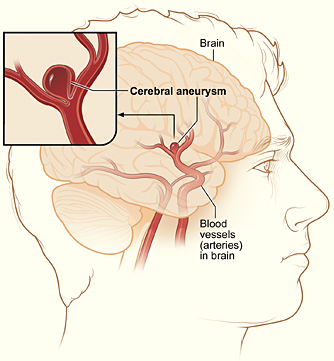One of the biggest lies told to us by the world is that of the happy ending. Almost every fairy tale (modern versions, at least) ends with a happily ever after, as do many books and movies. In spite of all the twists, conflicts and climaxes, we are told that everything will be okay once you achieve your goal, whether that is finding the hidden treasure, heroically winning a battle or marrying your true love.
With this in mind, young people fight hard to achieve their goals, as we believe that once we succeed, we will be happy for the rest of our lives. To do this, some people sacrifice their health and time with their loved ones to advance their career. Some people will rush to find a partner to settle down with, so they can fulfil their dream of getting married and owning a house. Others will focus all of their energy accumulating wealth for the future, even if it means not spending a single dime that is deemed unnecessary. Whether it is professionally, romantically or financially, we often cling to the idea that success is a finish line that can be crossed, while happiness awaits on the other side.
But life is not like the movies. We dream of beautiful weddings, but soon realise that it is not a happy ending; it is the beginning of an arduous journey requiring much sacrifice and compromise. We learn that even with all the possessions and wealth in the world, human greed always craves for something more. Unlike the movies, life does not cut to the credits once you succeed in one thing. It is a series of events that goes on and on until you die. No matter how much you succeed, there is always the possibility of failure.
The issue with the idea of happy endings is that it defines happiness as a reward at the end of a quest. This is a lie. Happiness is not something you attain, but a way of life. It is a state, much like flying, where forces outside of your control will try to pull you down from it, but you can push yourself back up with the right tools and skills. You have to fuel yourself with sustainable sources of happiness, such as connections and passions. As a bird must keep flapping its wings every now and then to remain in the air, one must continue to nurture and maintain their own happiness.
They say that if you give a man a fish, you feed him for a day, but if you teach a man to fish, then you feed him for a lifetime. Instead of giving children the false promise of happy endings, we should be teaching them how to journey through life with a happy state of mind.
“I always had this idea that you should never give up a happy middle in the hopes of a happy ending, because there is no such thing as a happy ending. Do you know what I mean? There is so much to lose.”
~ John Green











